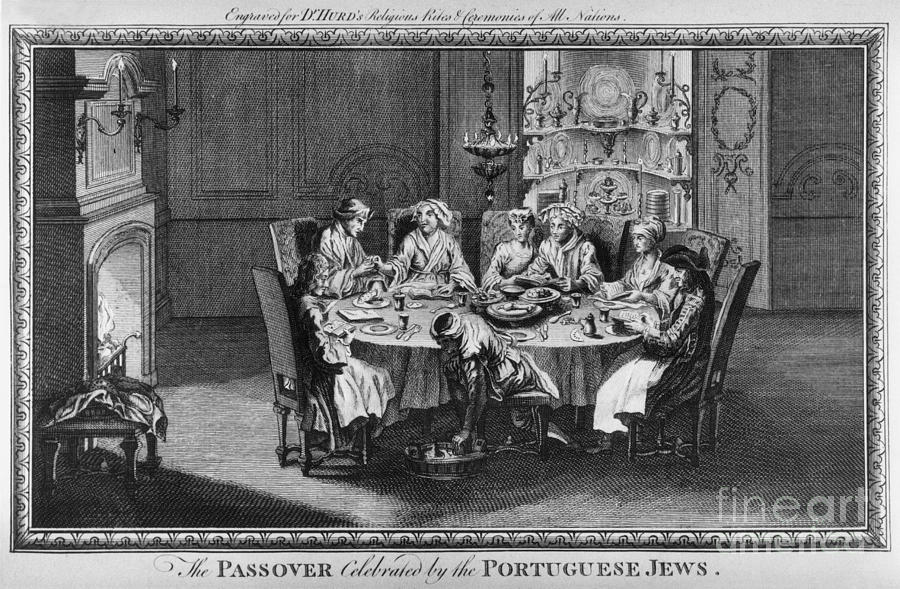
As the meal approaches on Seder night, we read
the following - Rabban Gamaliel states, “Whoever has not referred to these
three matters on Passover has not fulfilled his obligation, and these are they:
the Passover [offering], unleavened bread, and bitter herbs. ‘Passover’—because
the Omnipresent passed over the houses of our ancestors in Egypt Egypt Egypt
How do we cover this obligation? Other than actually reading the above
passage, we have the Maggid section of the Haggadah, where the story of the
Exodus and the holiday of Passover is told.
An excellent custom for this Shabbat before
Passover, Shabbat Hagadol is to read the Maggid section of the Passover
Haggadah in advance of the first Seder. This preview of the ritual meal offers a way
to deepen our immersion in liberation consciousness. When given serious
attention beyond the Seder itself, the Passover Haggadah offers us a message
for transforming the way we eat and the way we conduct ourselves all year long.
Indeed, putting even a little effort into the
service we will run alongside all the effort that goes into cooking and cleaning,
can help us express in terms meaningful today our gratitude for our redemption
from bondage and the start of our journey to a promised land.